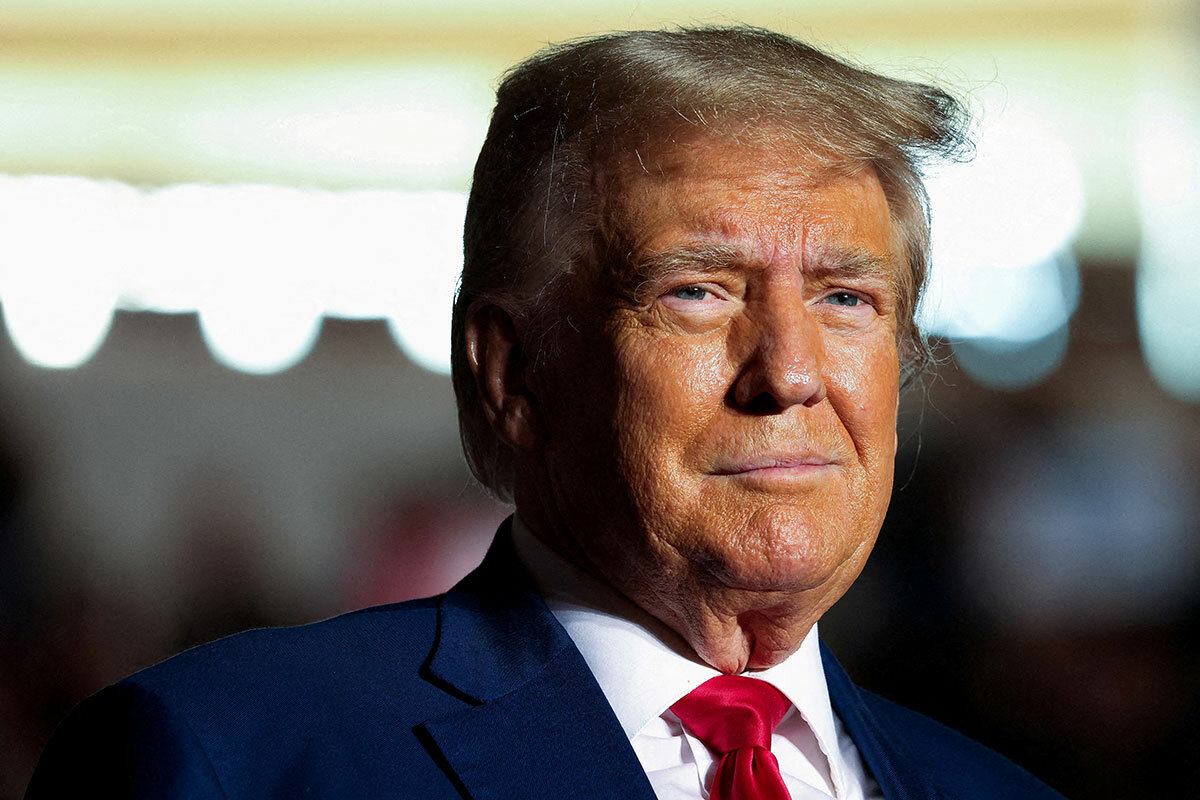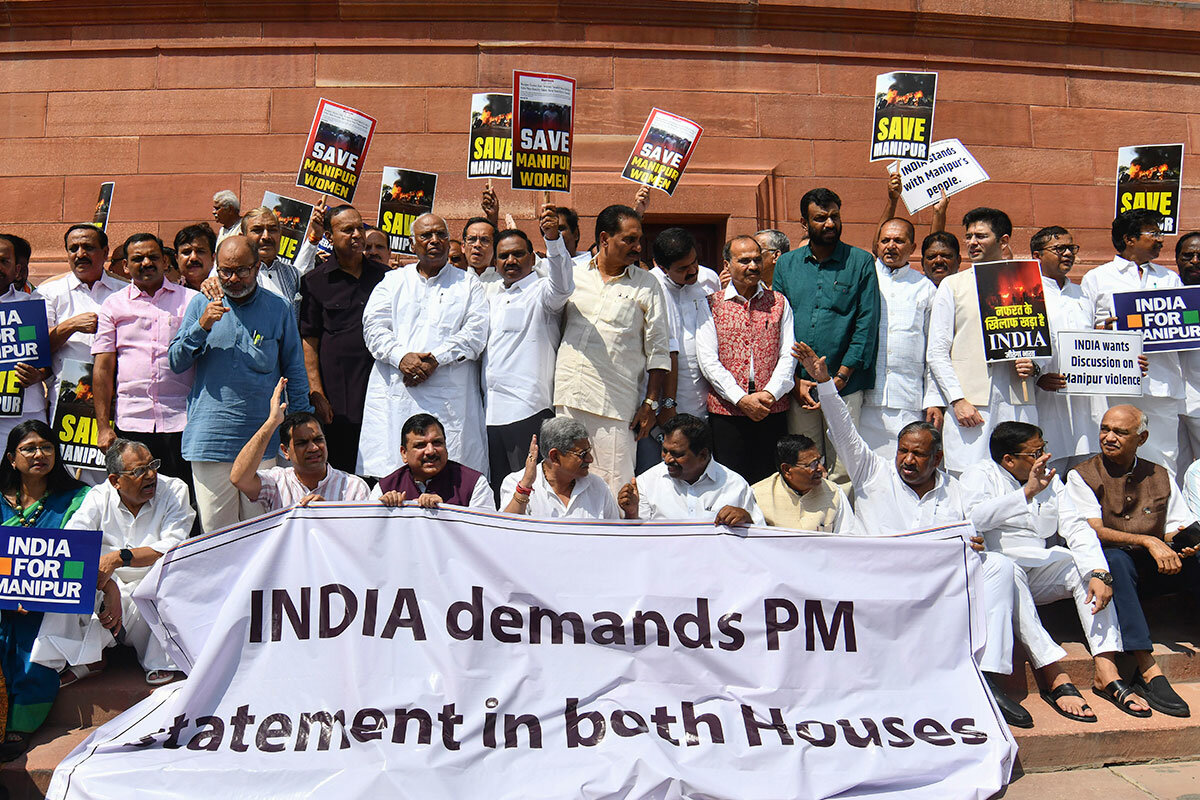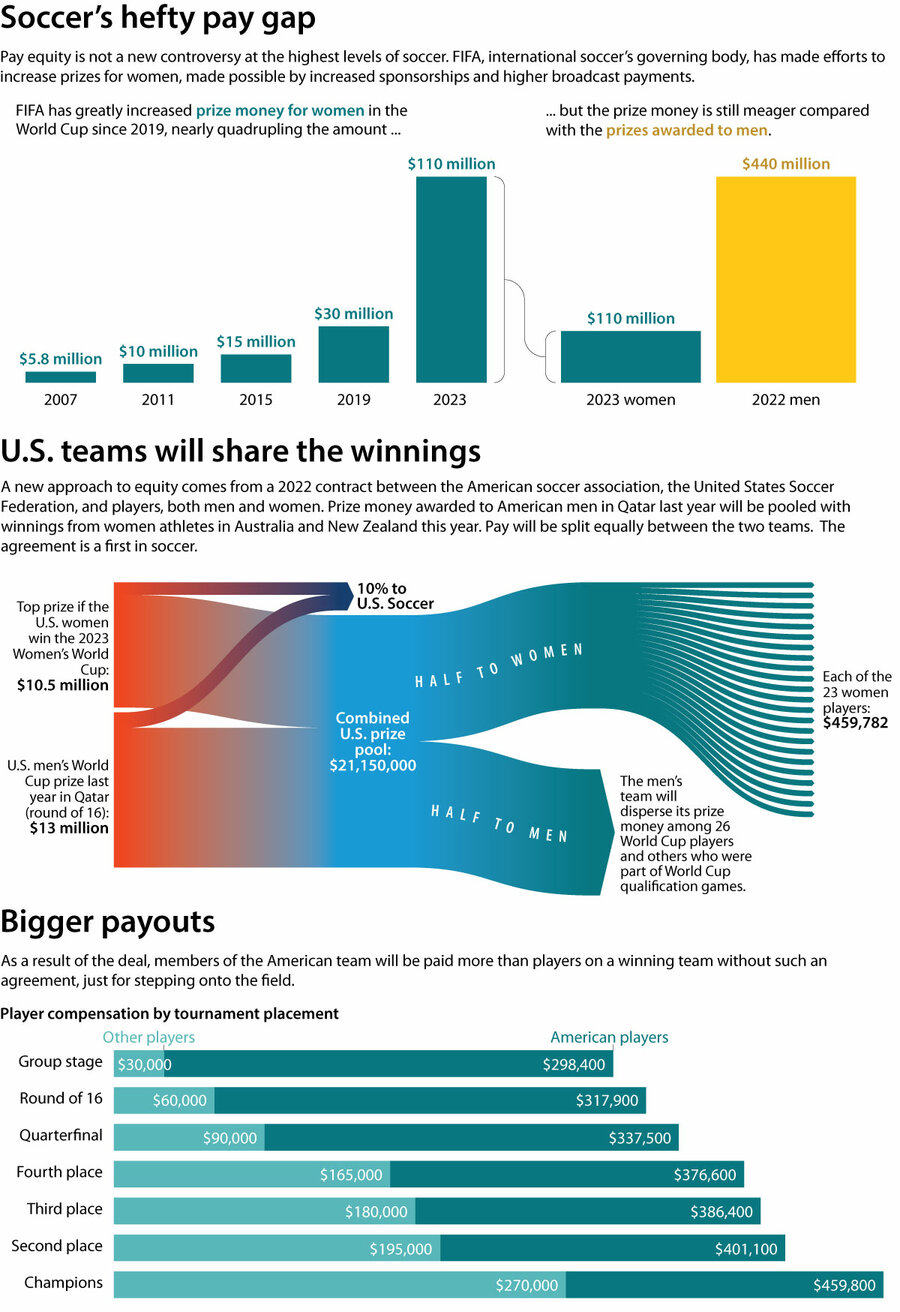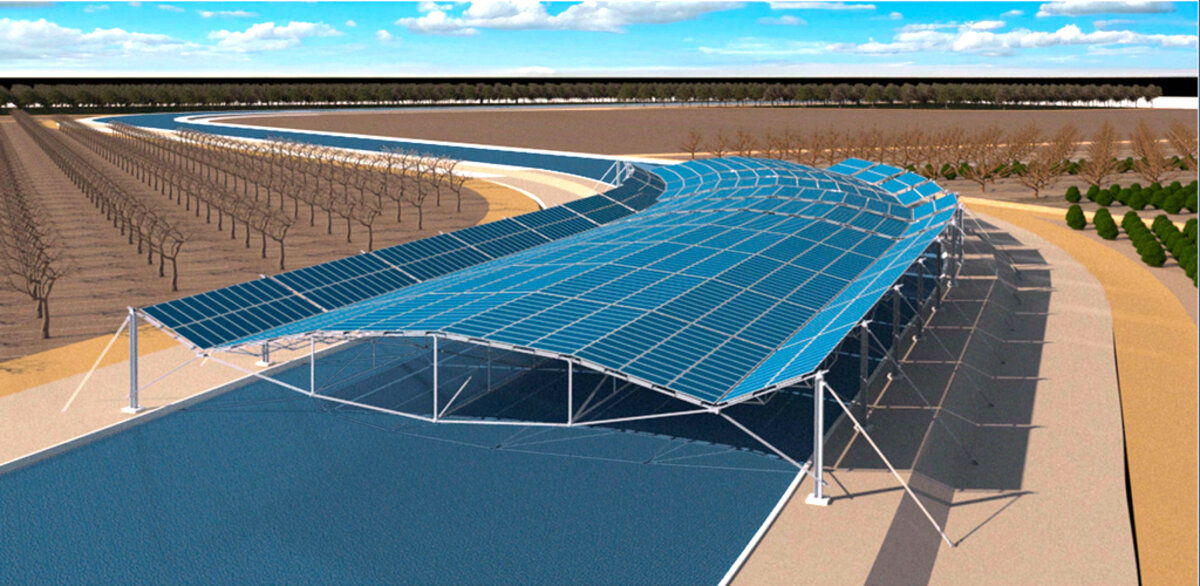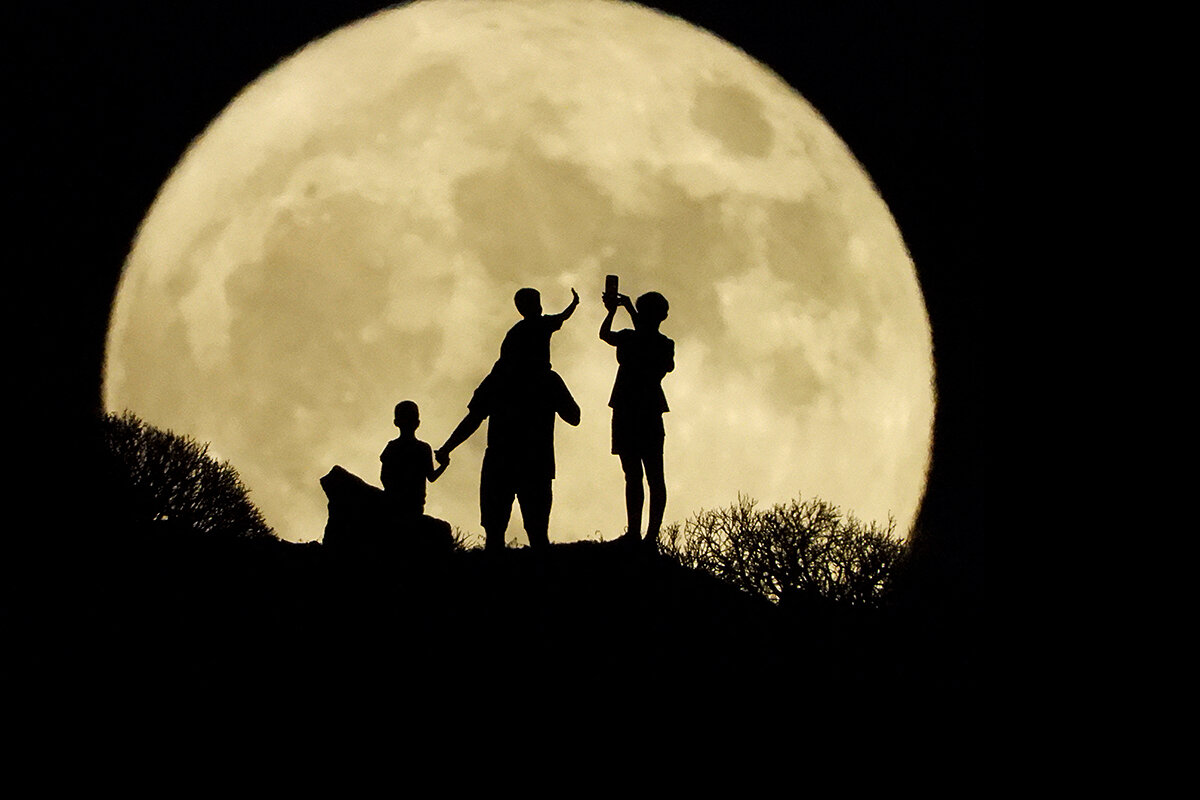In the most serious indictment yet against former President Donald Trump, jurors will have to decide whether he believed the election was stolen, or whether he intentionally lied about it.
Monitor Daily Podcast
- Follow us:
- Apple Podcasts
- Spotify
- RSS Feed
- Download
 Mark Sappenfield
Mark Sappenfield
As many of you know, I have arrived in Berlin and will be living in Germany for the next year. (See last Thursday’s Daily for details.) In a Monitor meeting this morning came the obvious question: What do people in Germany think about the indictment of former U.S. President Donald Trump?
There is an easy answer and a somewhat more complicated one. The easy answer is they are fairly appalled. Here are a few choice words from a commentary in today’s Frankfurter Allgemeine, arguably the country’s leading daily newspaper:
“Anyone who hasn’t become jaded three years after the storming of the Capitol and hasn’t written off America as a beacon of democracy will have their blood run cold when reading this document-packed description of Trump’s election fraud attempts. Watergate and every other scandal pale in comparison.”
That’s strong meat. But here’s the thing. It is always easier to be categorical about someone else’s country. I’ve noticed this from Germany to Afghanistan. Problems that seem simple in other countries often feel much more complicated at home. The certainty of black and white fades into shades of gray.
This can be good and bad. Any attempt to overthrow a legitimate democratic election should be addressed with clarity and conviction. Mild rebukes are often the same as tacit acceptance. Yet it’s important to remember this is a legal case, and it is by no means certain what the outcome will be. “The defendant must be presumed innocent until proven guilty beyond a reasonable doubt in a court of law,” said special counsel Jack Smith.
Moreover, strong stands can sometimes descend into dehumanizing: What are “those people” thinking? Do Germans want to understand why many Americans continue to support Mr. Trump? I hope so. I’ll be encouraging them to follow the story closely and get a better grasp of the complex forces at work. Moral clarity and human decency are both needed for societies to move from strife toward healing.





